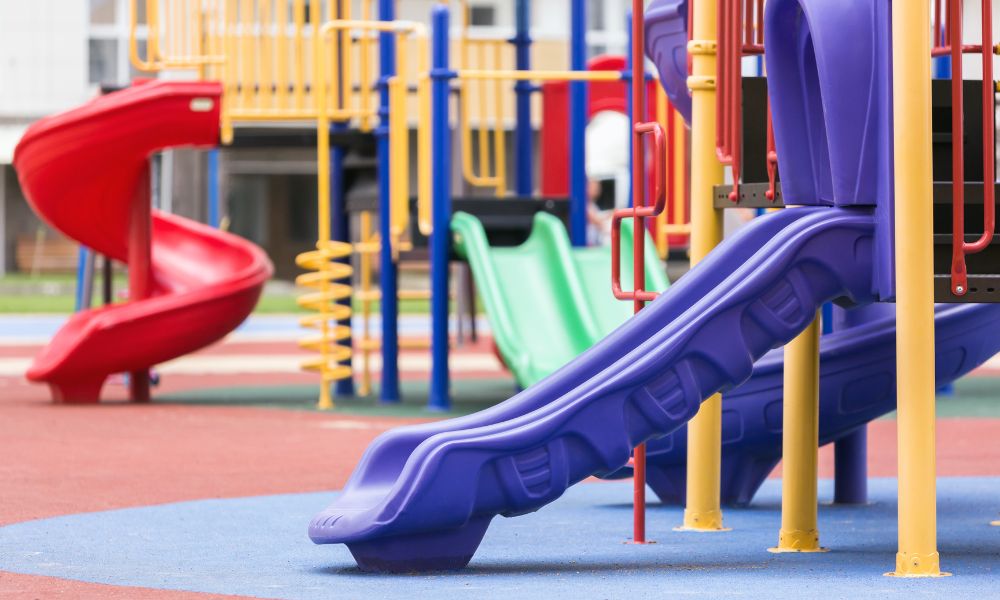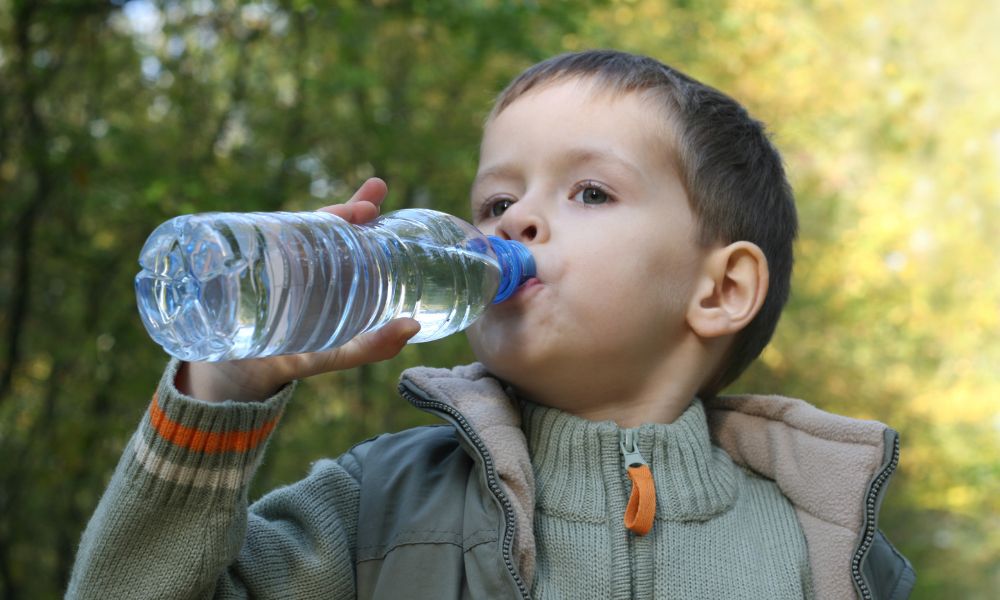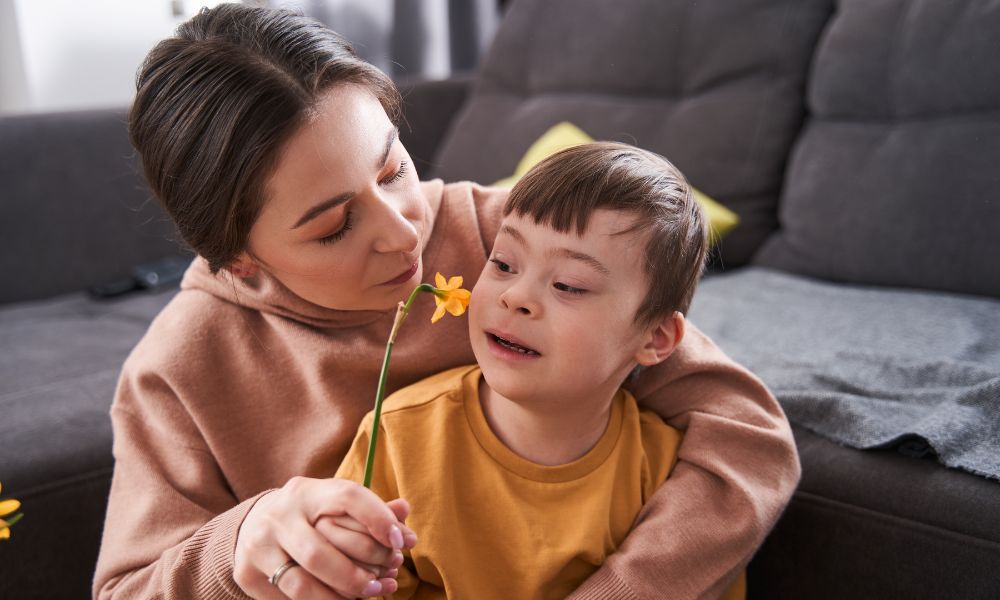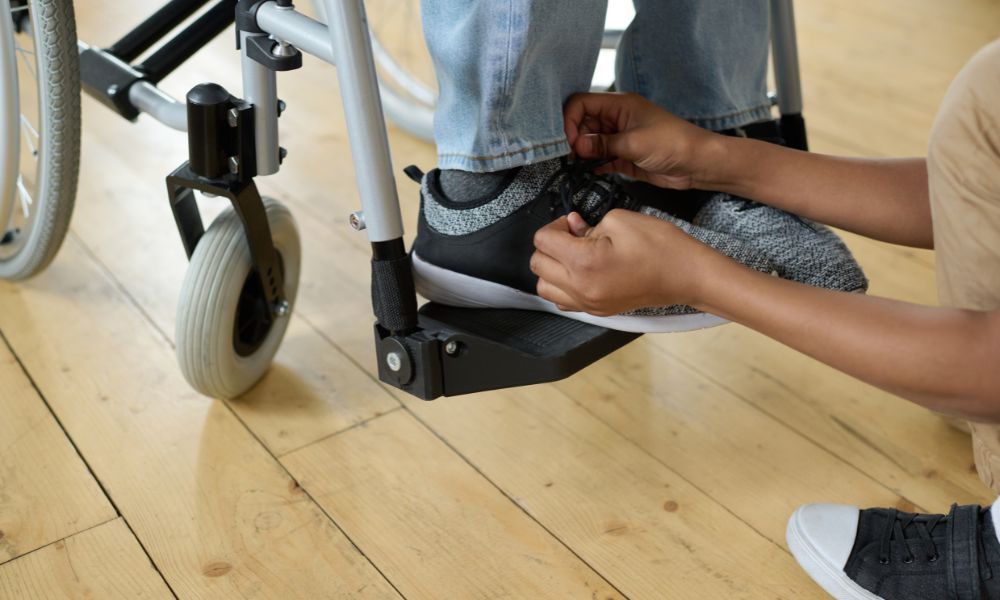Stimming (or self-stimulatory behaviors) is an essential part of life for many people with autism. It’s a physical or verbal action that helps someone regulate their emotions, relieve stress, and cope with the overwhelming amount of sensory input around them. Common stimming activities include flapping or moving hands and arms, rocking back and forth, spinning, and repetition of words and phrases. However, stimming can also involve more severe behaviors, like banging the head against a wall, hitting, or biting oneself. Stimming is important for autistic people to help them regulate…
Read MoreAuthor: Mallory Knee
Godparents in the Different Branches of Christianity
Holding to religious faith in a secular world is hard. Asking someone to act as the godparent for your child or for someone else’s child in their stead can help make that religious faithfulness a little bit easier. While godparenthood originated within the Catholic faith, each of the different branches of Christianity includes godparents in children’s lives. We’ve summarized the commonalities and differences below so that you can understand this important role across Christian traditions. Catholic Godparents Godparents started in the Catholic faith and are still an important part of…
Read MoreReasons To Incorporate Sensory Play Into the Park
For a child to grow up healthy and meet the most important milestones, they need an outlet that allows them to cut loose without worrying about getting hurt or lost. The park provides an open space for physical activity and play, improving the health and well-being of communities. Parks and playgrounds are perfect for children because they provide physical and mental stimulation. Sensory play has a profound effect on childhood development. When children interact with their surroundings, they learn to engage with and perceive the world around them. Here are…
Read MoreHow To Reduce Sensory Issues for Kids During Car Rides
Many neurodivergent children struggle with sensory issues, especially those with ADHD and autism. This can make riding in the car difficult, as there’s a great deal of unfamiliar sensory input involved. However, never riding in a car isn’t a solution. Saying that your child can never ride in a car will limit them in the future. Instead, it’s important to learn how to accommodate your child. Here are some tips to reduce sensory issues for kids during car rides. Ask Them What They Need If your child is old enough,…
Read MoreWays To Help Your Special Needs Child Drink More Water
Hydration is one of the most important components of staying healthy. The human body relies on water to function properly. When you don’t drink enough water, your body experiences symptoms like nausea, dry mouth, and headaches. Children are at a greater risk for dehydration than adults. They enjoy staying active and aren’t aware of how much water they’re drinking each day. If you have a special needs child who has difficulty consuming the proper amounts of water each day, take some time to review these helpful ways to encourage them…
Read MoreWhen To Seek Professional Help for a Child’s Mental Health
Young children exhibit variances in development, expressing an individual temperament and experiencing a unique developmental timeline. But where psychological conditions are concerned, it can be hard to tell the difference between a developmental phase and a disability or mental illness. Know when to seek professional help for a child’s mental health. Persistence The defining element of a developmental phase is that it passes. Your pediatrician can help you track infant and toddler development and identify areas of concern. For many families, meeting developmental milestones simply means keeping a child within…
Read MoreKids With Autism and Their Special Interests
If you have a child or family member with autism, you’re likely familiar with their special interests, even if you weren’t previously aware of the technical term for them. Here’s what you should know about kids with autism and their special interests. What Are Special Interests? Special interests are unique to individuals with autism. A special interest can be an intense passion or focus on a specific topic for an extended period of time. Now-outdated research described special interests as “restricted interests” and heavily discouraged them. However, special interests are…
Read MoreHow To Support Your Disabled Friends and Family
Disabilities are as varied as the individuals who have them. If you have disabled loved ones, you’ve likely wondered how to be a better friend to them. Here’s how to better support your disabled friends and family. Remember That Disabilities Look Differently When you think of a disabled person, what do you think of? Likely someone with a visible disability, such as wheelchair users. These are people with whom you can physically see evidence of said disability. However, it’s important to remember that many disabilities are invisible. Many individuals experience…
Read More5 Things a Mom With a Disabled Child Should Know
Raising a child with a certain type of disability is always challenging because the world is a complicated place to be in certain situations. Moms that deal with and live in unique circumstances that require special care and development for a child need to figure out how to make the best out of this. Figuring out things on your own as a mom can be challenging, but there are other moms who are going through a similar process and growing from the experience. These things a mom with a disabled…
Read MoreWays To Be an Advocate for Persons With Disabilities
When you have a child with a disability, you’ve been there when the world has been unwelcoming and even cruel. Learning ways to be an advocate for persons with disabilities can support your child and teach them how to advocate for themselves. Stay Informed Attend local government meetings. You can point out where proposed actions or policies may negatively affect or simply ignore the rights and needs of people with a disability. Speaking up at a public meeting can be a little scary. Don’t worry about what others will think.…
Read More







